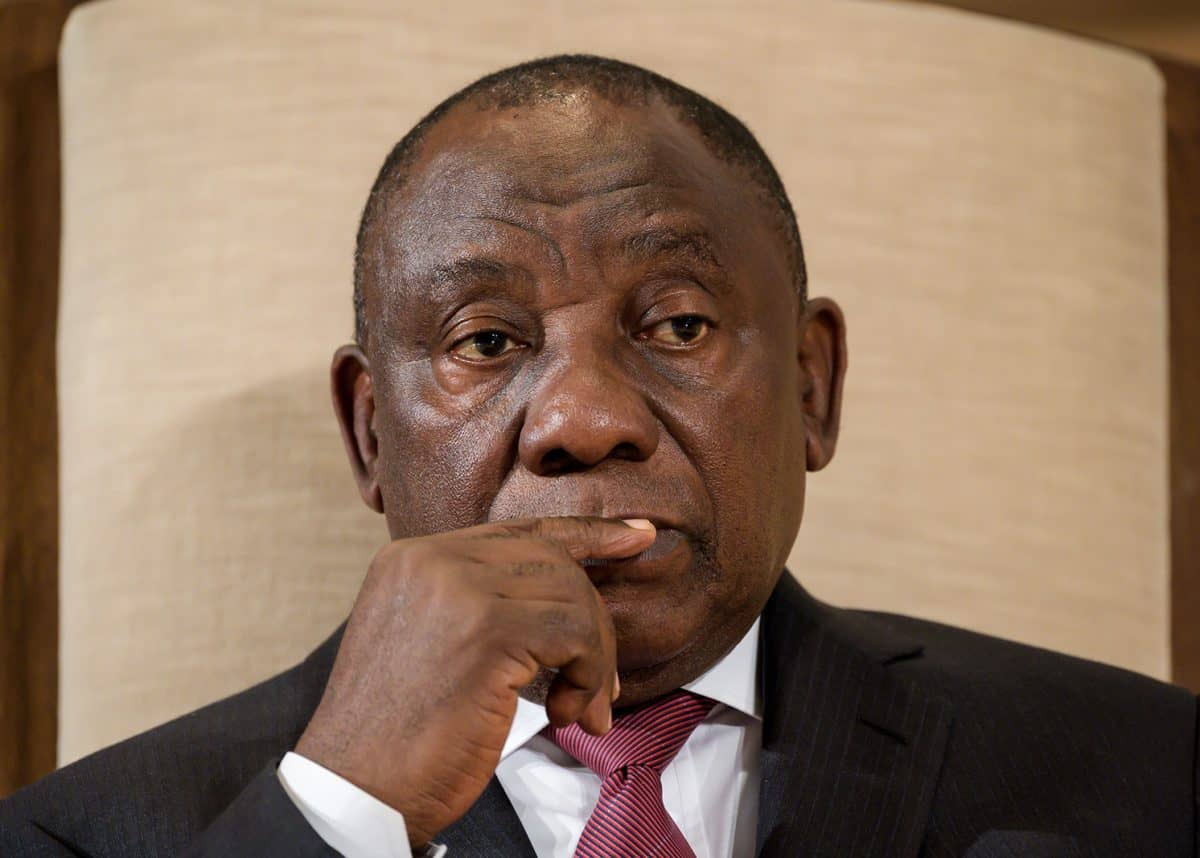JOHANNESBURG, South Africa – The continuous power crisis in South Africa has reportedly led to a severe water shortage in major cities, including Johannesburg and Pretoria, the BBC reports.
The dwindling power supply has severely affected the operation of water pumping stations, causing taps to run dry and leaving residents frustrated.
Sipho Mosai, the head of state-owned Rand Water, one of the country’s main water providers, expressed that the country’s chronic electricity issues, including regular and lengthy scheduled blackouts, have taken a toll on the people.
“All of our stations, they need electricity, they need power. You have to pump water everywhere where it is needed,” said Mosai.
The shortage has forced many affluent individuals to rely on private boreholes as alternative water sources.
However, this option is not available to everyone, leaving many South Africans struggling with the consequences of the dual crisis of power and water.
Zizi Dlanga, a 35-year-old private wealth manager, on Sunday, June 18, 2023, recounted her daily struggle: “Some days I don’t have both water and electricity, and this can be for days at a time. It makes daily life insufferable.”
The lack of electricity has exacerbated issues arising from poorly maintained water infrastructure, leading to substantial leaks, sewage problems, and a water supply that cannot meet the demand.
Seventy million litres of treated, clean, drinkable water are reportedly lost each day due to leaks in the dilapidated water system.
Most of the water wastage has been attributed to poorly managed municipalities that have not been investing in maintenance, partly due to corruption and theft.
“We are in a state of systemic failure, the water sector is collapsing,” Professor Anthony Turton told the BBC.
This ongoing crisis exposes the fragility of the country’s infrastructure and the urgent need for comprehensive and sustainable solutions.







